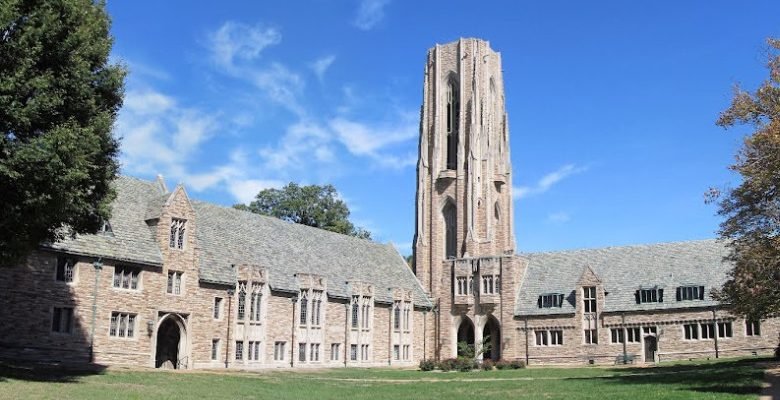Concordia Seminary, Saint Louis, MO
I was recently accepted into the Doctor of Philosophy program at Concordia Seminary in Saint Louis (CSL). My concentration will be Theology and culture. Obtaining a Doctor of Philosophy degree has been in the back of my mind since college. I haven’t pursued it until now mainly because I didn’t have a noble enough reason. Yes, to have my name followed by Ph.D. was tempting, but getting any degree just to get one isn’t a suitable reason nor is it a recipe for success. Additionally, I didn’t have a passion for any specific area of study and I have seen ambitious young men and women begin a PhD program before they have a topic of interest. It makes the program more challenging.
So what changed? To put it succinctly, our family’s time in Indonesia. The Church here is remarkable. She is a minority, only making up 10% of the population, but she is joyful. I believe we who have grown up and participated in the life of the Church in American can learn a great deal from the Church in Indonesia, especially as we become more of a minority. So I hope my time in the CSL PhD equips me to listen to the Church in Indonesia and bring her voices into our theological conversation.
The PhD program will—already has—help me more faithfully and effectively accomplish the goals of our ministry with the Gereja Kristen Luther Indonesia (GKLI). One central aspect of our ministry in Indonesia is to mentor and teach. One can hardly do this effectively without first having the tools and the skills necessary to listen, discern, and begin to know the people and culture in which he works. I believe that the CSL PhD program will upgrade the tools I have and sharpen my skills.
How will this impact ministry in Indonesia? Our family will continue to live and work in Indonesia throughout the program. I will travel to CSL for two weeks in January and two weeks in June each year until my course work is completed, which should be in January of 2024. After course work comes examinations, dissertation research, and writing. The timeline on completion varies greatly I don’t want to offer over optimistic estimates. Ultimately, though, the program is built so that ministry can not only continue during the studies and writing, but also benefit from them.
The goals of the Theology and Culture concentration, as listed in the CSL Academic Catalogue are “to apply theologically critical thinking to questions of contemporary cultural importance, in order to articulate and to foster theologically sound responses and practices in the church.” These goals parallel nicely with the goals of our ministry outlined above and so the time is right to enter the program.
